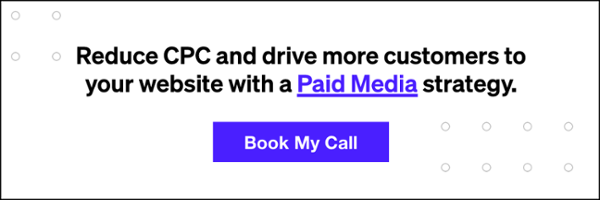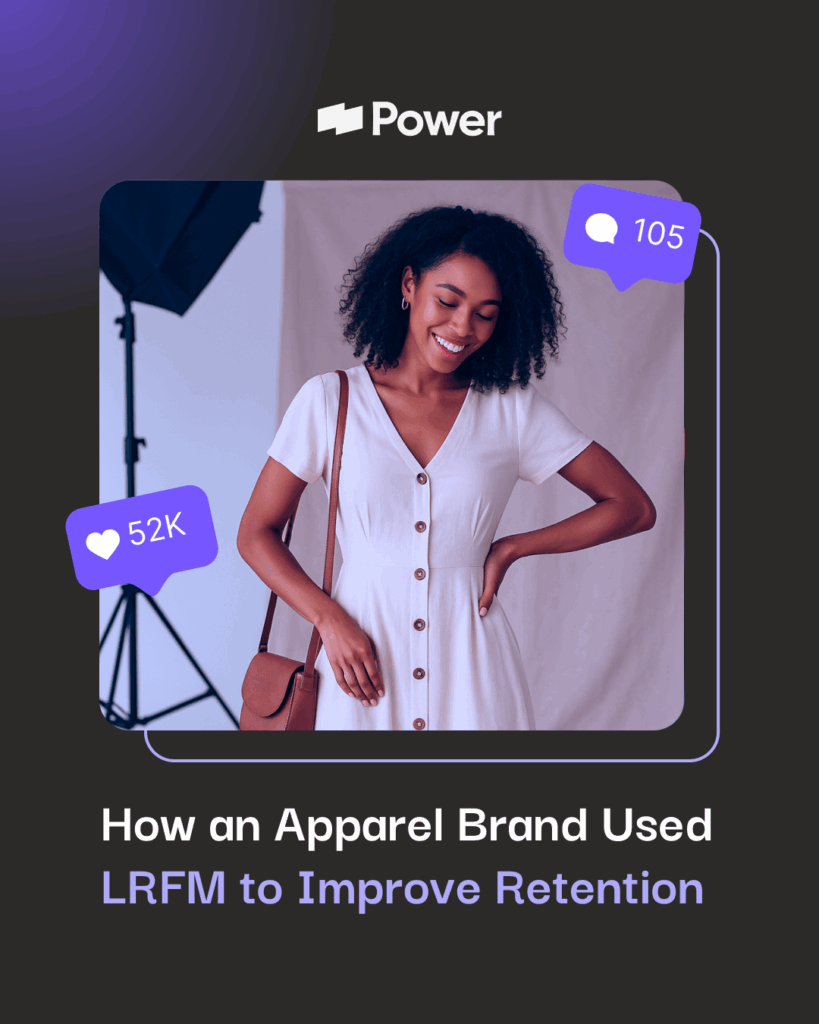What Remarketing Means To YOU
You know when you visit a site and all of the sudden you start seeing Facebook, Instagram, or banner ads for that site everywhere? Well, that’s getting retargeting via a remarketing campaign. So what is remarketing? If I had to give it a textbook definition, Remarketing is when advertisers can (anonymously) track your internet activity and serve you ads based on actions you’ve taken. Sounds a little weird at first, but don’t worry. This isn’t Big Brother keeping tabs on you. Remarketing is designed to make the advertising experience as friendly to the consumer (you) as possible.
Think about it.
How many billboards or commercials have you seen that have absolutely nothing to do with you? I’d wager to say at least a majority, if not nearly all of them. You’re constantly bombarded by advertisements for things you don’t care about. Remarketing tries to combat that by replacing an ad you don’t care about with a relevant ad. Personalized ads are meant to be mutually beneficial as they benefit the consumer as well as the marketer or business. An ad only reaching a custom audience ensures that you as the consumer aren’t bombarded with ads you don’t care about while the business saves money by only reaching out to what would be a potential customer.
When you visit a site, you get cookied. These cookies tell marketers what pages you visited, what products/services you looked at, how many pages you looked at, how long you stayed on the site.. and a million other things. Your personal identity is never involved in this – you’re basically assigned a new ‘ID’ that we can market to. For instance: I can’t see that John Smith visited the Tilly’s online store, but if I ran Tilly’s marketing (I don’t) I could remarket to the website visitors, John Smith included.
Related: Who Can You Target With Facebook Ads?
could, in theory, serve a different ad to potential customers that visited the site and took no action than the ad I’d serve to people who added some items in their cart but never checked out. Each of these targeted ads could incentivize the target audience to come back to the website in different ways, meaning I can tailor my ad messaging to the exact context it’s being viewed in instead of a ‘one-size-fits-all’ method.
Remarketing campaigns aim to help you only see ads that you’re actually interested in seeing, allowing companies to give you personalized offers.
Through dynamic remarketing, you can take your retargeting efforts one step further. Dynamic remarketing lets your business show people who have come to your site ads for services or products that they viewed when they were on your site. This personalized approach can help increase conversion rates as it helps you bring previous visitors back to finish the shopping experience they started.
What Remarketing Means To Businesses
So, why is Remarketing so prevalent in today’s age, so much so that nearly every business is doing it in some capacity? It’s an integral part of any digital marketing agency or effort in today’s business world. There are many reasons a business might use remarketing, but I’ll keep my list to the main reasons.
- It makes marketing cheaper. This one is the most obvious. Your targeted ads only serve the people that want to see them means that more people will click on your ads. You’re spending less money for more qualified traffic.
- You’re able to send out “personalized” deals. No, not personal to just you, but if you’re included in the potential customer segment that gets 20% off of X because of online actions you took, you get a special deal. For businesses, this means more engagements, more sales, and more customer retention.
- Very few purchases are made on the first visit to the site. Think about your own habits. If you find a product/website for the very first time, how likely are you to make a purchase? What about after you see a few retargeted ads for the product that you spent time looking at, combined with a sweet deal to get it cheaper than you thought you could? See, you get it.
Related: Are My Target Customers on Social Media?
Like I said, there are some other (more technical) benefits to remarketing, but I’m trying to keep this simple. Remarketing is meant to connect customer to business as easily and painlessly as possible. In this day and age, if you’re seeing an online ad that has nothing to do with you, someone’s doing their job wrong.
To wrap this all up, I’d like to acknowledge the other side of this. Remarketing can be a little unnerving to some. Advertisers following you around the internet? Seeing a specific ad that knows what you want before you do? It can get weird. I mean hell, you can report Google ads for “knowing too much.” Eerie.
Related: How To Deliver Value at Every Stage of the Customer Journey
What do you think about Remarketing? Do you now understand more about how remarketing works? Was this article helpful in explaining the background and basics? Let us know in the comments below!








